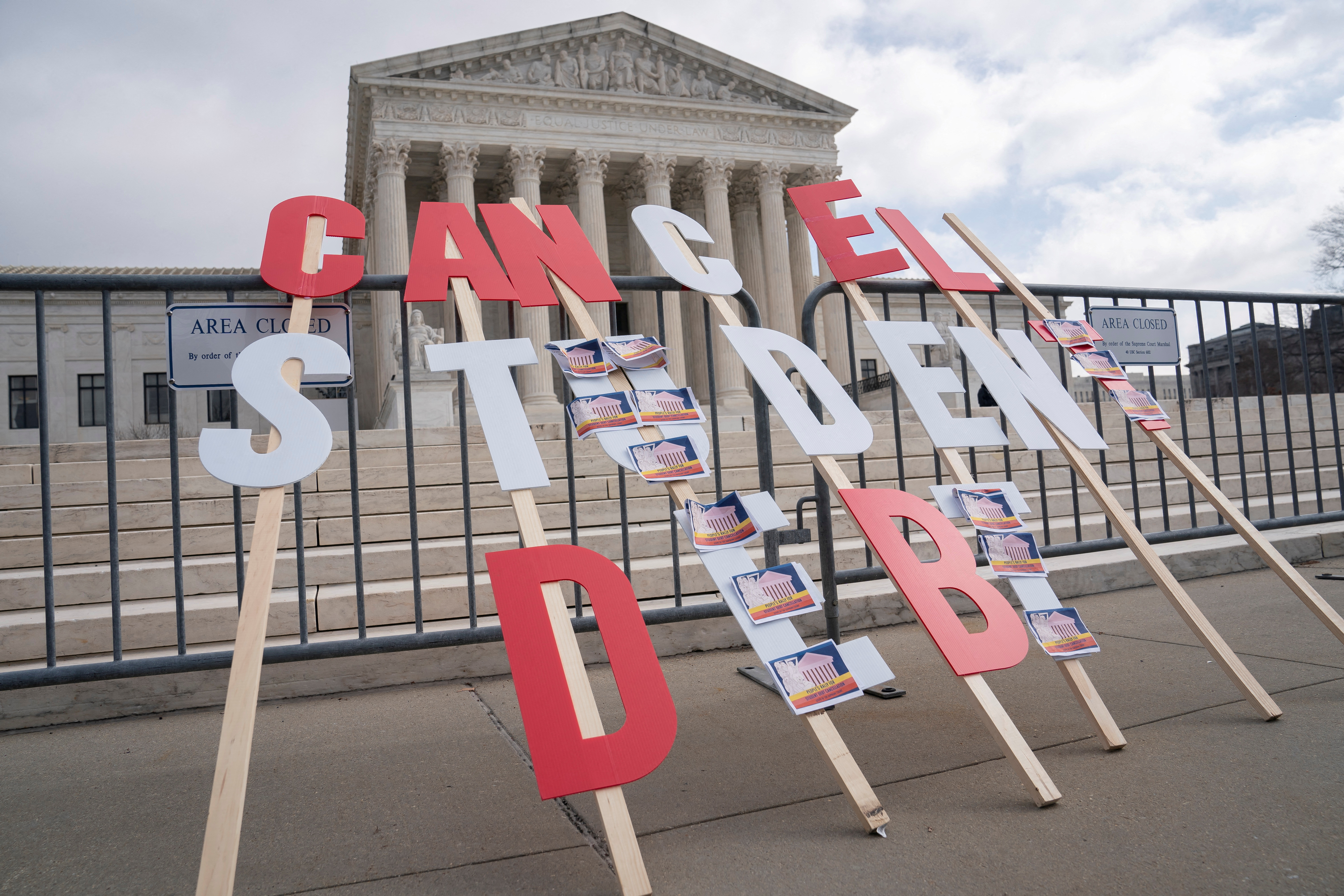Russian President Vladimir Putin has revealed that he offered the Wagner Group mercenaries the opportunity to continue fighting in Ukraine, but under the leadership of a different commander. Putin made this statement in a recent interview with Russia’s top business newspaper Kommersant. He claimed that the Wagner Group, which played a significant role in the fight to seize the city of Bakhmut in eastern Ukraine, “doesn’t exist.”
According to Putin, he praised the actions of the Wagner fighters in Ukraine but denounced their involvement in the mutiny. He offered them future service opportunities, on the condition that their mutinous chief, Yevgeny Prigozhin, would be sidelined. One option was for the mercenaries to be led by a senior commander known as “Gray Hair” or “Sedoi,” who has been the de facto leader of the private army in Ukraine for 16 months.
However, Prigozhin quickly dismissed Putin’s proposal, stating that “the boys won’t agree with such a decision.” Putin claimed that many Wagner troops in attendance nodded in agreement with his proposal, but Prigozhin, who was sitting in front and didn’t see their reaction, vetoed the idea.
The meeting between Putin and the Wagner commanders took place five days after Prigozhin’s short-lived uprising. The Kremlin later stated that there is no legal entity named Wagner and that the legal status of such companies is complicated and needs consideration.
The fate of Prigozhin remains uncertain following the failed mutiny. Under a truce brokered by Belarusian President Alexander Lukashenko, he was supposed to go into exile in Belarus along with his troops. However, Lukashenko recently stated that Prigozhin had returned to Russia. Belarusian state TV aired video footage of Wagner instructors training Belarusian territorial defense forces, and a messaging app channel claimed that Prigozhin spent a night at a camp in Belarus.
The US government is unsure of Prigozhin’s whereabouts, with President Biden joking that he should be careful about what he eats. Retired US Gen. Robert Abrams believes that Prigozhin is either dead or jailed and doubts that he will ever be seen publicly again.
With the conflicting reports and uncertainty surrounding the Wagner Group and Prigozhin, the situation remains unclear.

What is the current status and whereabouts of Yevgeny Prigozhin, the leader of the Wagner Group, and what are the implications for the future of the group
In a recent interview with Russia’s top business newspaper Kommersant, Russian President Vladimir Putin dropped a bombshell revelation. He admitted to offering the infamous mercenaries of the Wagner Group a chance to keep fighting in Ukraine, but with a different leader at the helm. Putin argued that the Wagner Group, despite playing a significant role in capturing the city of Bakhmut in eastern Ukraine, no longer existed.
Putin commended the actions of the Wagner fighters during their time in Ukraine but condemned their involvement in a mutiny. He extended a potential opportunity for future service, on the condition that their mutinous chief, Yevgeny Prigozhin, would step aside. One option floated by Putin was for the mercenaries to be led by a commander known as “Gray Hair” or “Sedoi,” who had been leading the private army in Ukraine for over a year.
However, Prigozhin wasted no time in dismissing Putin’s proposal, claiming that “the boys” would never agree to such a decision. While Putin stated that a number of Wagner troops seemed to nod their approval, Prigozhin, who was seated at the front and missed their reaction, vetoed the idea.
This meeting between Putin and the Wagner commanders occurred just days after Prigozhin’s failed uprising. The Kremlin subsequently claimed that there was no legal entity named Wagner and questioned the complicated legal status of such groups.
Since the mutiny, Prigozhin’s fate has remained uncertain. As per a truce brokered by Belarusian President Alexander Lukashenko, Prigozhin was supposed to seek exile in Belarus along with his troops. However, Lukashenko recently disclosed that Prigozhin had returned to Russia. Belarusian state TV even aired video footage of Wagner instructors training the country’s territorial defense forces, and a messaging app channel suggested that Prigozhin had spent a night at a camp in Belarus.
The US government is still uncertain about Prigozhin’s whereabouts. President Joe Biden joked about his mysterious situation, advising him to be cautious about what he eats. Retired US Gen. Robert Abrams believes that Prigozhin is either dead or imprisoned and doubts that he will ever reappear in public.
With conflicting reports and a cloud of uncertainty surrounding the Wagner Group and Prigozhin, the situation remains unclear. Only time will tell what lies ahead for these enigmatic mercenaries and their elusive leader.



It’s no surprise that Putin offered the Wagner Group a new leader and an opportunity to continue their fight. However, the rejection that followed raises questions about the group’s stance and their commitment to Putin’s agenda. Will this impact their future alliances?